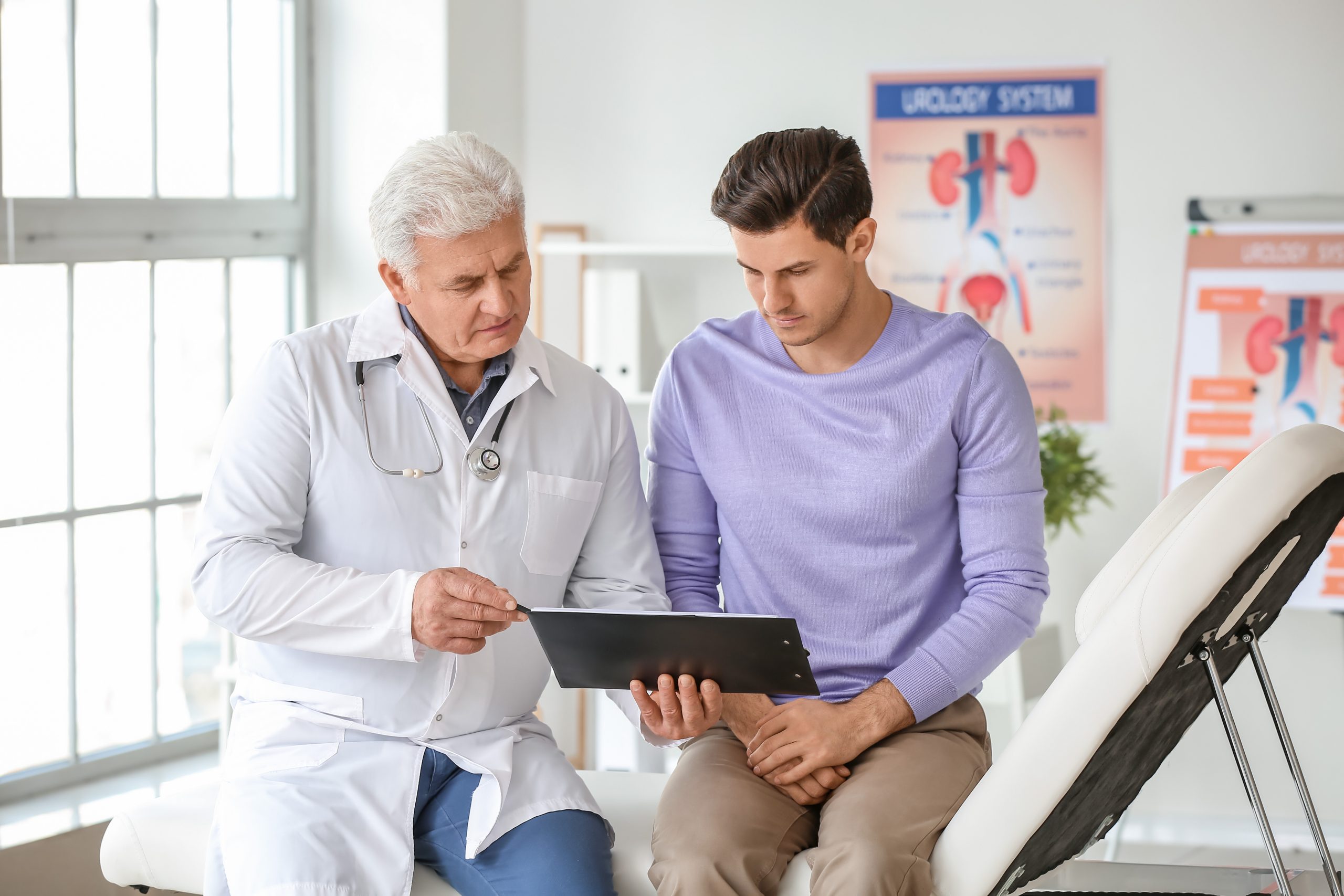

Passing mucus from your bottom – Causes, Diagnosis & Treatment at Emirates Hospital Group
Passing mucus from the rectum, also known as rectal mucus discharge, can be a concerning symptom. Understanding the potential causes, diagnosis, and treatment options is crucial. This discharge can be alarming and may indicate an underlying medical condition requiring attention. It’s important to consult with a healthcare professional to determine the cause and receive appropriate treatment.
Causes:
- Inflammatory Bowel Disease (IBD): Crohn’s disease and ulcerative colitis are IBDs that can cause inflammation in the digestive tract, leading to mucus production.
- Irritable Bowel Syndrome (IBS): IBS can sometimes cause changes in bowel habits, including increased mucus production.
- Infections: Bacterial, viral, or parasitic infections in the intestines can cause inflammation and mucus discharge.
- Polyps: Growths in the lining of the colon or rectum can sometimes produce mucus.
- Anal Fissures: Small tears in the lining of the anus can cause pain and sometimes mucus discharge.
- Rectal Prolapse: When the rectum protrudes from the anus, it can produce mucus.
- Dietary Factors: Certain foods, such as dairy or spicy foods, may contribute to mucus discharge in some individuals.
- Medications: Some medications can have mucus discharge as a side effect.
Diagnosis:
- Medical History: Gathering detailed information about bowel habits, any other symptoms, and relevant medical history.
- Physical Exam: Including a rectal exam to check for abnormalities.
- Stool Tests: To check for infection or blood in the stool.
- Colonoscopy: A procedure where a flexible tube with a camera is inserted into the rectum and colon to visualize the lining and identify any abnormalities.
- Sigmoidoscopy: Similar to a colonoscopy, but examines only the lower part of the colon.
Treatment:
- IBD: Medications to reduce inflammation, such as anti-inflammatory drugs, corticosteroids, or immunomodulators. In some cases, surgery may be necessary.
- IBS: Lifestyle changes (such as stress management and dietary modifications), medications to manage symptoms like diarrhea or constipation.
- Infections: Antibiotics, antiviral, or antiparasitic medications, depending on the cause.
- Polyps: Usually removed during a colonoscopy.
- Anal Fissures: Stool softeners, sitz baths, and sometimes topical creams or ointments.
- Rectal Prolapse: May require surgery.
- Dietary Factors: Identifying and avoiding trigger foods.
- Medications: If medication is causing the discharge, the doctor may adjust the medication or recommend an alternative.
Important Considerations:
- Consult a healthcare professional for persistent or frequent mucus discharge from the rectum, especially if accompanied by other symptoms like rectal bleeding, abdominal pain, or changes in bowel habits.
- Do not self-treat without consulting a doctor. Proper diagnosis is essential for effective treatment.
Related Treatments
Request an appointment
Please complete the details and we will book you shortly.
